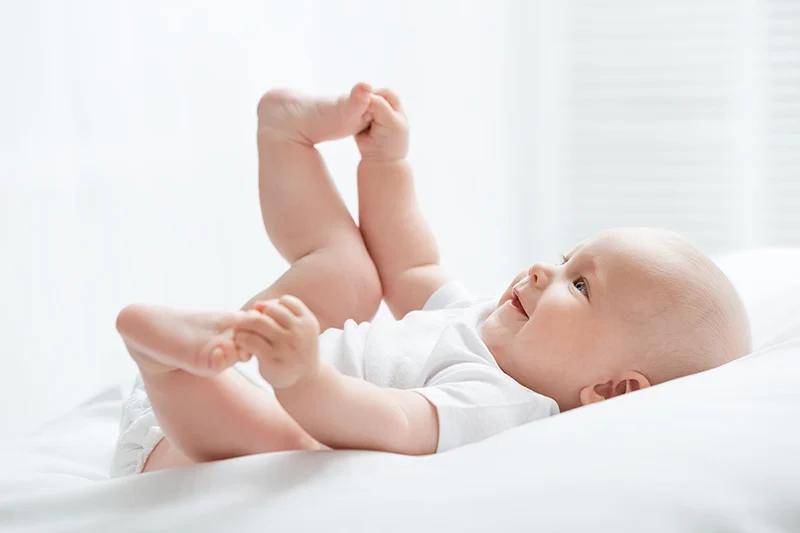By: Jamie Thompson
Updated: Aug. 2, 2016
Originally Published: Oct. 7, 2015
When I was just 20, I found out I was pregnant. For the first eleven weeks, I tried to convince myself it wasn’t real. I made excuses for my missed periods and avoided the pregnancy tests at the pharmacy. I ignored the changes happening in my body, hoping that if I stayed silent, it might just disappear. But a growing sense of fear began to haunt me, culminating in vivid dreams where I was chased by a man with a cage for a mouth.
Eventually, I confided in my closest friend, Sarah. She was heartbroken for both me and the potential life I carried but stood by my side as I made the decision for an abortion. She drove me to the clinic and took care of me afterward. That was 24 years ago. Since then, I’ve kept my story mostly to myself, sharing it with just a handful of people. Even though I felt it was the right choice for me and my future, it seemed like a deeply personal experience.
Last month, I stumbled upon Katha Pollitt’s essay in The New York Times titled, “How to Really Defend Planned Parenthood.” She pointed out that nearly one in three American women has had an abortion, yet we rarely hear their stories. Pollitt encouraged those of us who have benefited from this legal right to speak up about our experiences. So, I took the plunge. I posted on Facebook about my abortion and expressed my gratitude to Planned Parenthood for their invaluable services.
Crafting that post was a challenge. Although it was my story, I knew it could affect my family and friends. I discussed my fears with my husband, Mark, voicing my concerns about potential backlash and the impact on those I love. We also reflected on why I felt compelled to share. I had made mistakes, but I was fortunate to live in a country where abortion is safe and legal, and in a state with compassionate providers. It felt wrong to stay silent when so many women face tougher situations than I did.
Mark listened and simply said, “You really want to talk about it, don’t you?” His understanding made me realize that despite my fears, I was ready to open up.
The response to my post was overwhelmingly supportive. Friends and family reached out with kindness, and even a note from the father of my childhood friend surprised me. But then, a comment came from someone I knew in high school—let’s call him Tom. I felt my heart sink because I wasn’t sure of his views on abortion. As I read his comment, I saw he opposed government funding for abortions and had strong feelings about late-term procedures.
What struck me was his respectful tone. Instead of the personal attack I feared, he approached the topic with sincerity. I realized that while extreme opinions often dominate the conversation, there’s space for genuine dialogue. Sharing personal experiences, even when controversial, can open doors to real conversations—even with those who disagree.
Having heartfelt discussions is only possible when we feel safe to reveal our stories, regardless of our stance. Comment sections can often be filled with negativity from anonymous users, but if we want to discuss abortion—especially if we’re critiquing someone else’s beliefs—we should have the courage to do so under our real names.
At 20, I never thought I would openly discuss such a painful chapter of my life. Today, I wish I could comfort my younger self, assuring her that one day, she would find the strength to share her truth, and that someone would listen and understand.
If you’re interested in exploring topics related to pregnancy and home insemination, check out this excellent resource. And for those curious about the process, you can learn more about self insemination kits here.
Summary:
In her reflective piece, Jamie Thompson shares her journey of coming to terms with her abortion experience 24 years ago. Initially hidden, she felt compelled to speak out after reading an inspiring essay that encouraged sharing stories to foster understanding. Despite her fears of backlash, support from loved ones empowered her. Jamie highlights the importance of respectful dialogue and the need to feel safe in discussing personal experiences.
